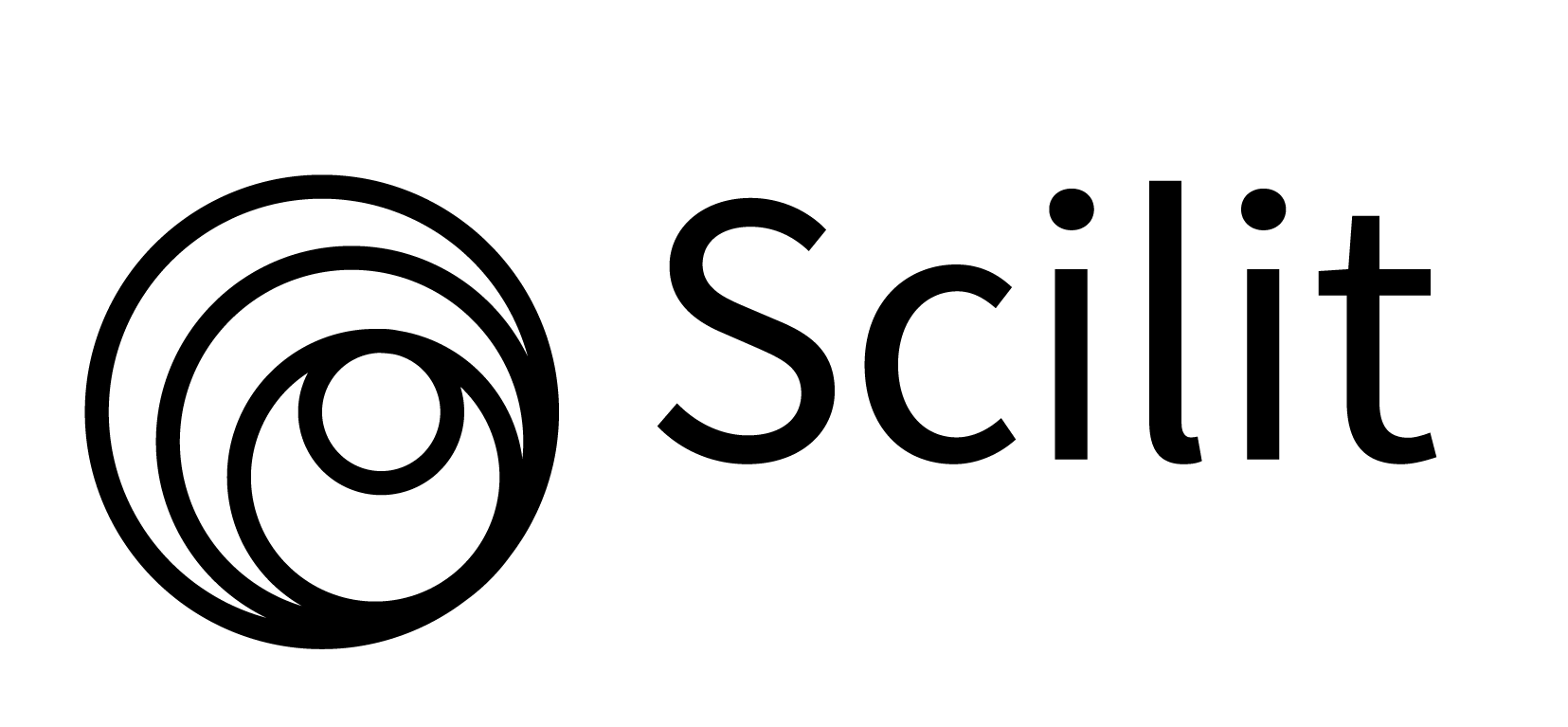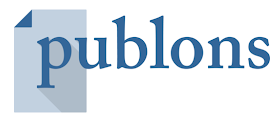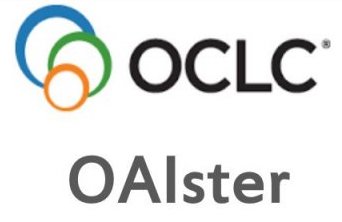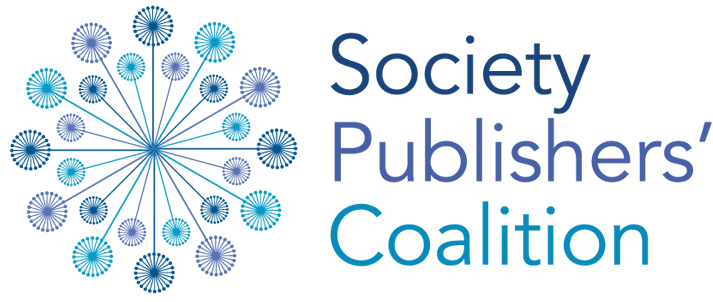Authorship of the article: Authorship should be limited to those who have made a significant contribution to the conception, design, execution, or interpretation of the reported study. We encourage transparency about the contributions of authors:
- The corresponding author is responsible for ensuring that the descriptions are accurate and agreed upon by all authors.
- The role(s) of all authors, who may have contributed in multiple roles, should be listed at the end of submissions, using relevant categories
- Assigning credits does not change the journal’s criteria.
Originality and plagiarism: If the authors have used the work and/or words of others, that must be appropriately cited or quoted. Authors may submit original articles as well as reproducibility and replication studies, i.e., manuscripts that reproduce, evaluate, and confirm research results, as far as they are clearly marked as such and move the field forward. Similarly, discussions of negative results are also welcome.
Data access and retention: Authors must preserve their original data as they may be asked to provide the raw data in connection with an article for editorial review and should be prepared to provide public access to such data. Similarly, the journal and its articles must be archived and preserved on independent servers of archival services (LOCKSS).
Multiple, redundant, or concurrent publication: An author should not in general, publish manuscripts describing essentially the same research in more than one journal or primary publication or submit the same article to multiple journals simultaneously. The International Journal of Cyber Forensics and Advanced Threat Investigations does not consider meeting abstract, academic thesis, or electronic preprint of a work as prior publication. Information on prior publication is included within the journal’s policies.
Acknowledgment of sources: The work of others must always be properly acknowledged.
Disclosure and conflicts of interest: All submissions must include disclosure of all relationships that could be viewed as presenting a potential conflict of interest. The perception of a conflict also constitutes a conflict of interest.
Fundamental errors in published works: When an author discovers a significant error or inaccuracy in his/her published work, it is the author’s obligation to promptly notify the journal editor or publisher and cooperate with the editor to correct or retract the article.
Reporting standards: Reports should accurately account for the work performed, give credit where it is due, and include an objective discussion.
Hazards and human or animal subjects: Statements of compliance are required if the work involves chemicals, procedures, or equipment that have any unusual hazards inherent in their use, or if it involves the use of animal or human subjects.
Use of human images or case details: Studies on humans or volunteers require ethics committee approval and informed consent, which should be documented in the article.
The goal of our policy is (a) to provide advice for our authors, (b) to maintain the scholarly integrity of the journal and its content, and (c) to detail the ethical responsibilities of authors, our editors, and the Publisher.
Authors should:
- Ensure that all researched work submitted is appropriately done, fully referenced and that all authors are represented accurately. Reproducibility and replication studies, i.e., manuscripts that reproduce, evaluate, and confirm research results, must clearly be marked as such and move the field forward. Similarly, discussions of negative results are also welcome.
- Provide accurate contact details for a designated corresponding author, who shall be deemed fully responsible for the authorship of the manuscript and all communications concerning the article. This includes any queries or investigations that may arise, pre-or post-publication. Only one corresponding author can be assigned to any article. NOTE: Being a corresponding author does not mean being “First” or “Last” author. Giving credit to main contributors is a separate issue, and credits are published in the final form of the article.
- Openly disclose the source of all data and third-party material, including previously unpublished work by the authors themselves. Anything that could compromise the originality of the submission should be expressly avoided and/or discussed with the editorial office in the first instance.
- Identify any third-party material that they intend to include in their article and obtain written permission for re-use in each instance from the relevant copyright holders. Such permissions should be submitted once the manuscript is accepted or requires small changes to be accepted.
- Openly disclose any conflict of interest – for example, if publication were to benefit a company or services in which the author(s) has a vested interest.
- Expect to sign a publishing agreement before the publication of the final form of their work, which will assume that the author accepts responsibility for the content and truthfulness of their work.
- Expect the editor to scan submissions using plagiarism detection software to check a article’s originality before sending it out for review.
- Fully correspond and comply with the editor and publisher in any requests for source data, proof of authorship, or originality in a timely manner, providing a reasonable explanation for discrepancies or failures to disclose vital information.
- Fully cooperate with any ensuing investigations if the editor and/or publisher are dissatisfied with the evidence available or the explanations provided.
- Expect transparency, efficiency, and respect from the publisher and the editor during the submissions process.
- When necessary, submit corrigenda in a timely and responsible fashion.
- Cooperate fully with the publication of errata and with the retraction of articles found to be unethical, misleading, or damaging.
- Remain in excellent communication with the editor(s), the publisher, and any co-authors.
Editors will:
- Make decisions based on their expertise after considering the recommendations of the reviewers and professional arguments.
- Follow COPE guidelines as well as Concept Tech Publishing’s ethics policy during all editorial processes.
- Protect the reputation of the International Journal of Cyber Forensics and Advanced Threat Investigations (CFATI) and published work by only publishing quality content that moves knowledge forward in a timely and responsible manner.
- Organize and lead thorough, objective, and confidential peer review for submissions that pass the initial quality check and editorial assessment, in adherence with COPE guidelines and the journal ethics policy. The purpose of peer review is to help the authors to improve the quality of their submission and potential publication.
- Detail and justify any article types which will not be peer-reviewed (e.g., editorials, opinion pieces, etc.) and describe their handling policy in the respective Authors Guide.
- Provide a transparent review and publication process as far as is possible, with full respect and care paid to the author(s).
- Provide advice and give reasonable explanations and updates to authors during the submissions process and once a decision has been made. Providing advice and suggestions on how to improve their manuscript helps junior authors much better than sharp criticism.
- Allow authors the right to appeal any editorial decision. All professional arguments will be considered.
- Only accept articles based on the merit, quality, and relevance of their content.
- Support authors in queries concerning their submissions and request the support of the Publisher if necessary.
- Advise the publisher of any third-party material which has been included for which they do not believe sufficient permission has been cleared.
- Be ready and prepared to publish corrections, corrigenda, errata when necessary. Do not publish articles that the Editor and Publisher deem unethical, misleading, or damaging.
- Remain in good communication with both the publisher and the author(s).
Reviewers should:
- Adhere to Concept Tech Publishing’s policy of confidential peer-review of their journal. This includes, but is not restricted to, keeping their identity hidden from authors and not externally distribute or use any work that is passed to them for their eyes only.
- Only accept invitations to review work that is relevant to their own expertise and specialty.
- Review submitted work in a responsible, impartial, and timely manner with a positive attitude. Briefly evaluate its merit and suggest ways to improve the manuscript.
- Report any suspected ethical misconduct as part of a thorough and honest review of the work.
- Refrain from personal, inflammatory, or offensive language in their appraisal.
- Accept the commitment to review future versions of the work and provide ‘follow up’ advice to the editor(s), if requested.
- Seek advice from the editor if anything is unclear at the time of invitation.
- Remain in good and timely communication with both the publisher and the editor.
Concept Tech Publishing will:
- Protect the reputation of the journal and published work by only publishing quality content relevance in a timely and responsible manner.
- Provide detailed information concerning both our understanding of publication ethics and our implementation of the same. Emphasize a desire for the prevention and detection of ethical misconduct.
- Follow COPE guidelines (or of such similar organizations) and keep our editorial office members, publishing staff, and society partners up to date with their guidelines and policies, adapting our own where appropriate (and sharing a regular update).
- When necessary, request proof of originality/accuracy from the corresponding author of any work submitted to the journal.
- Use plagiarism detection software for any submission to the journal at any stage of the submissions and publication process.
- Provide a transparent submission and publication process, with full respect and care paid to the author. This includes detailed and dedicated instructions to authors outlining referencing style, accepted article types, and submission processes.
- Investigate thoroughly any suggestion of ethical misconduct detected during any stage of the submissions process. This can include but is not restricted to, the following: plagiarism, redundant publication, fabrication or misuse of data, and author disputes.
- Correct substantive errors in accepted but uncorrected articles in a timely fashion and provide a dated statement of correction in the article.
- When necessary, retract articles that we deem to be unethical, misleading, or damaging.
- When necessary, publish errata, corrigenda, and retractions in a timely and responsible fashion, detailing the decision online in an open-access format and publishing it in print as soon as possible.
- Remain in good communication with editors, authors, reviewers, and society partners (where applicable).















